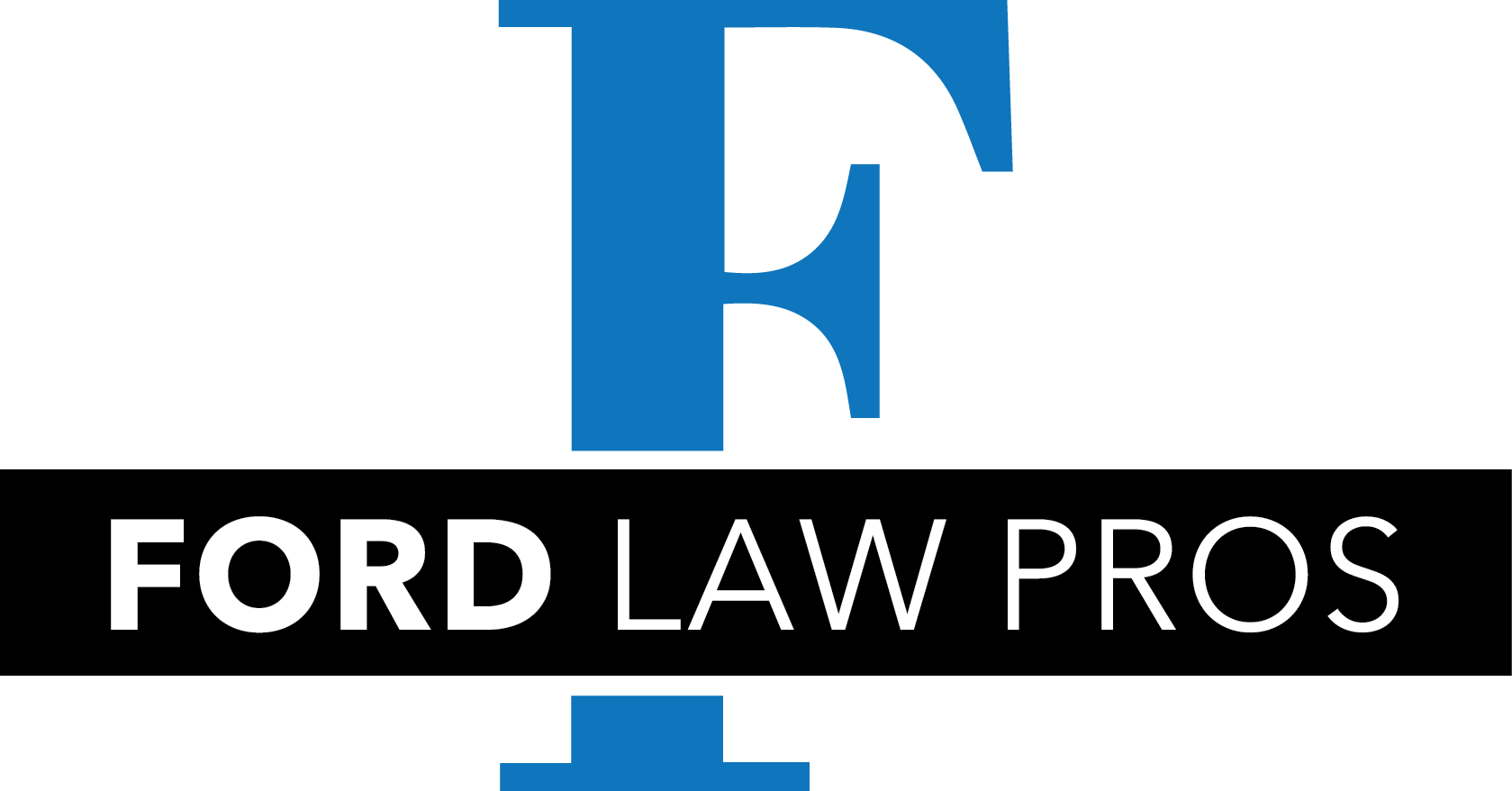Condo foreclosures have become more attractive in D.C. since the D.C. Court of Appeals’ recent ruling in Chase Plaza Condominium Association vs. JP Morgan Chase Bank. The Court of Appeals ruled that if an Association forecloses on its super-priority lien and there are not enough proceeds from the sale to satisfy the first deed of trust, the deed of trust is extinguished. This means a purchaser gets the condo free and clear after the auction.
D.C., along with more than 20 other states, allows condominium associations a six-month super priority over a first deed of trust. In laymen’s terms this means that an association’s lien has priority over a first deed of trust for up to six months of past due condo fees. The way this plays out at an auction is that the HOA, if it forecloses on its super-priority, is allowed to collect from the proceeds six months of fees, plus attorney’s fees and other costs. The remaining proceeds, if any, must go to the first lien holder. The purchaser walks away with a property at a vastly reduced price than its actual assessed value.
Pre-Chase Plaza, investors were squeamish about purchasing condos at auctions because of the possibility that the bank could come behind the HOA and foreclose on the first deed of trust completely divesting the purchaser of title. No more, says the Court. This is a huge win for associations who have abandoned properties sitting in their communities with no one to maintain them. Now they can sell them to an eager purchaser who will, in the best case scenario, either move in and become a part of the community or improve the unit and re-sell it. In the end, banks still have recourse if they want to avoid losing their interests in abandoned units—pay the condo fees and maintain the units to prevent associations from foreclosing on their super-priority liens. Everyone wins.
Yaida Ford specializes in community associations law and serves as counsel to associations and unit owners in the District of Columbia and Maryland.

